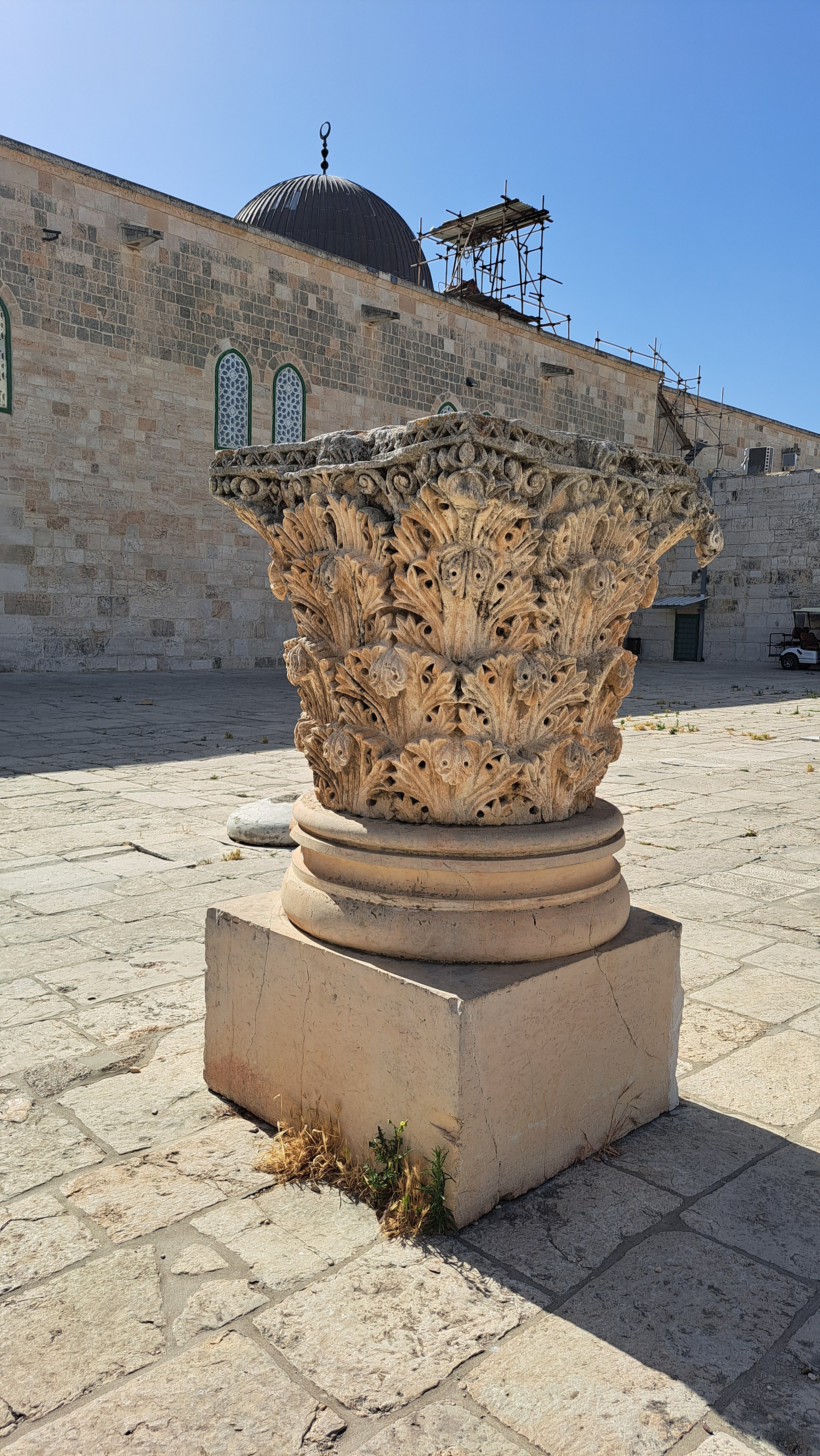Watch
Events
Articles
Market
More
#itisaverygoodland
Remains of Hasmonean city walls on Mt. Zion
And a special water fountain that's been there for years.
"And whoever gives one of these little ones even a cup of cold water ...
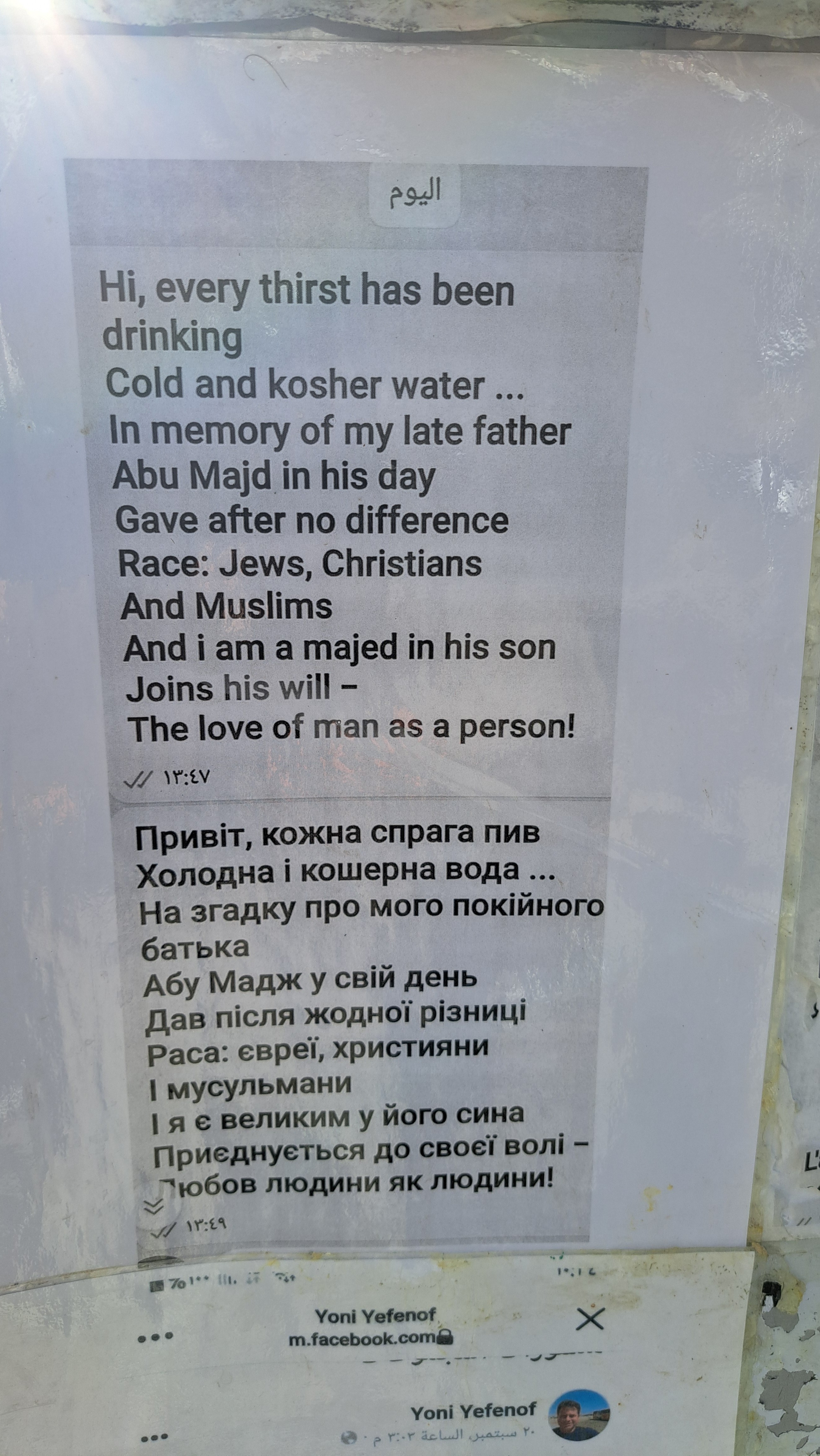



#itisaverygoodland
Remains of Hasmonean city walls on Mt. Zion
And a special water fountain that's been there for years.
"And whoever gives one of these little ones even a cup of cold water ...
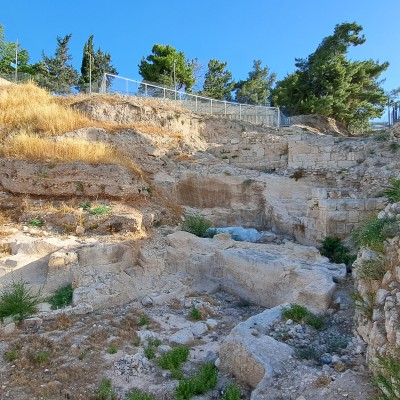
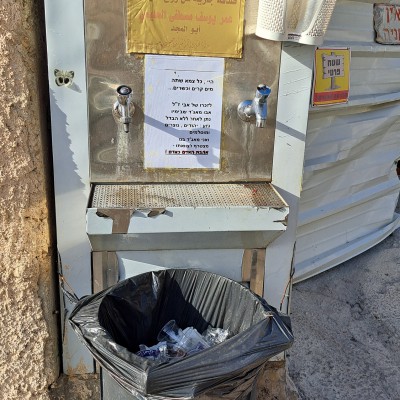
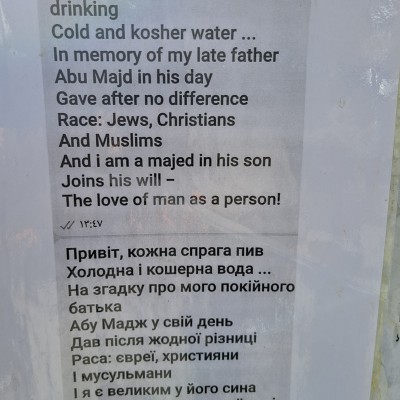



#itisaverygoodland
"if my people who are called by my name humble themselves, and pray and seek my face and turn from their wicked ways, then I will hear from heaven and will forgive their sin and heal their land." 2 Chr. 7:14
In Hinnom Valley we have a little foretaste
May this become a reality more and more...
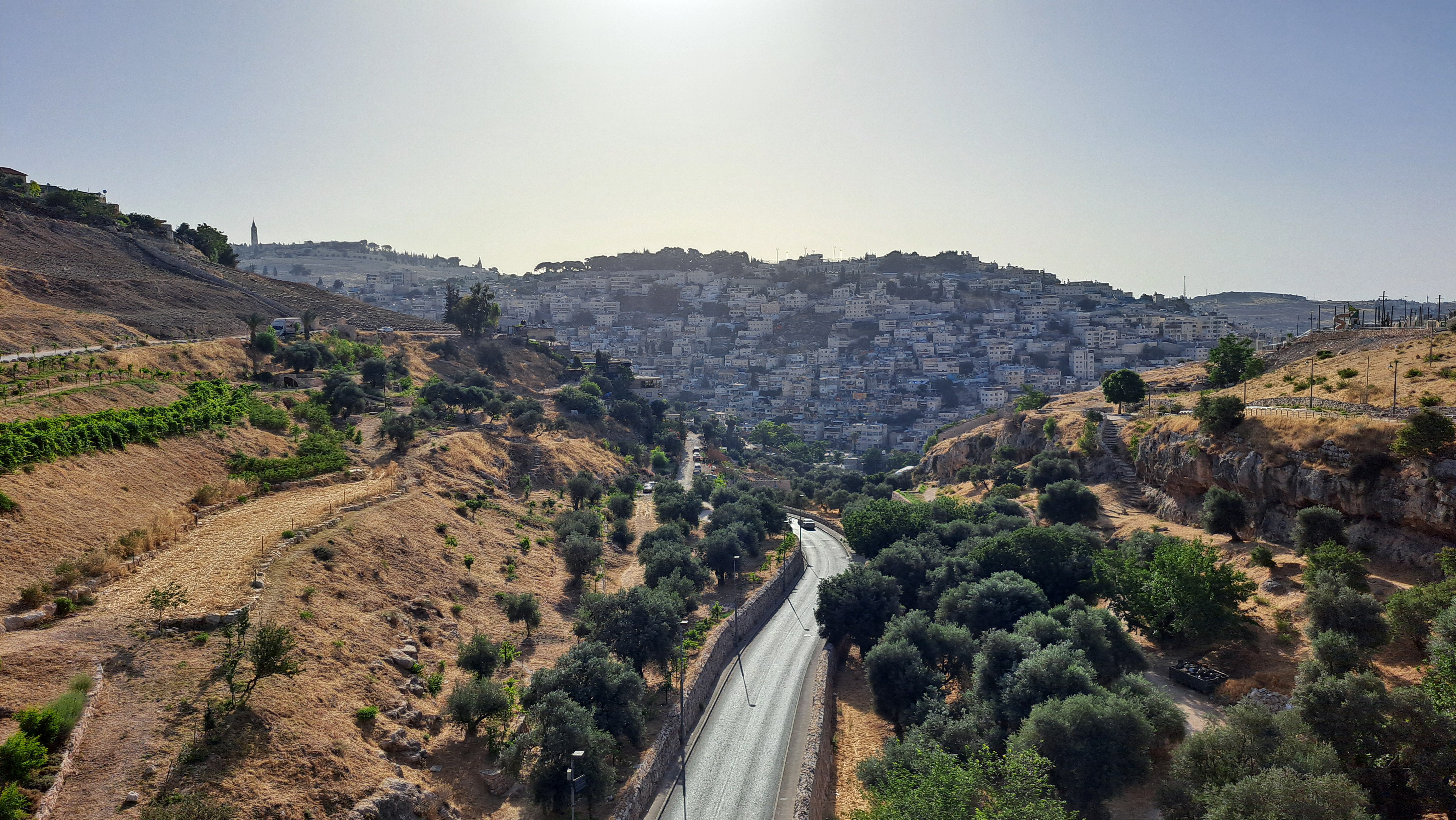



#itisaverygoodland
"if my people who are called by my name humble themselves, and pray and seek my face and turn from their wicked ways, then I will hear from heaven and will forgive their sin and heal their land." 2 Chr. 7:14
In Hinnom Valley we have a little foretaste
May this become a reality more and more...
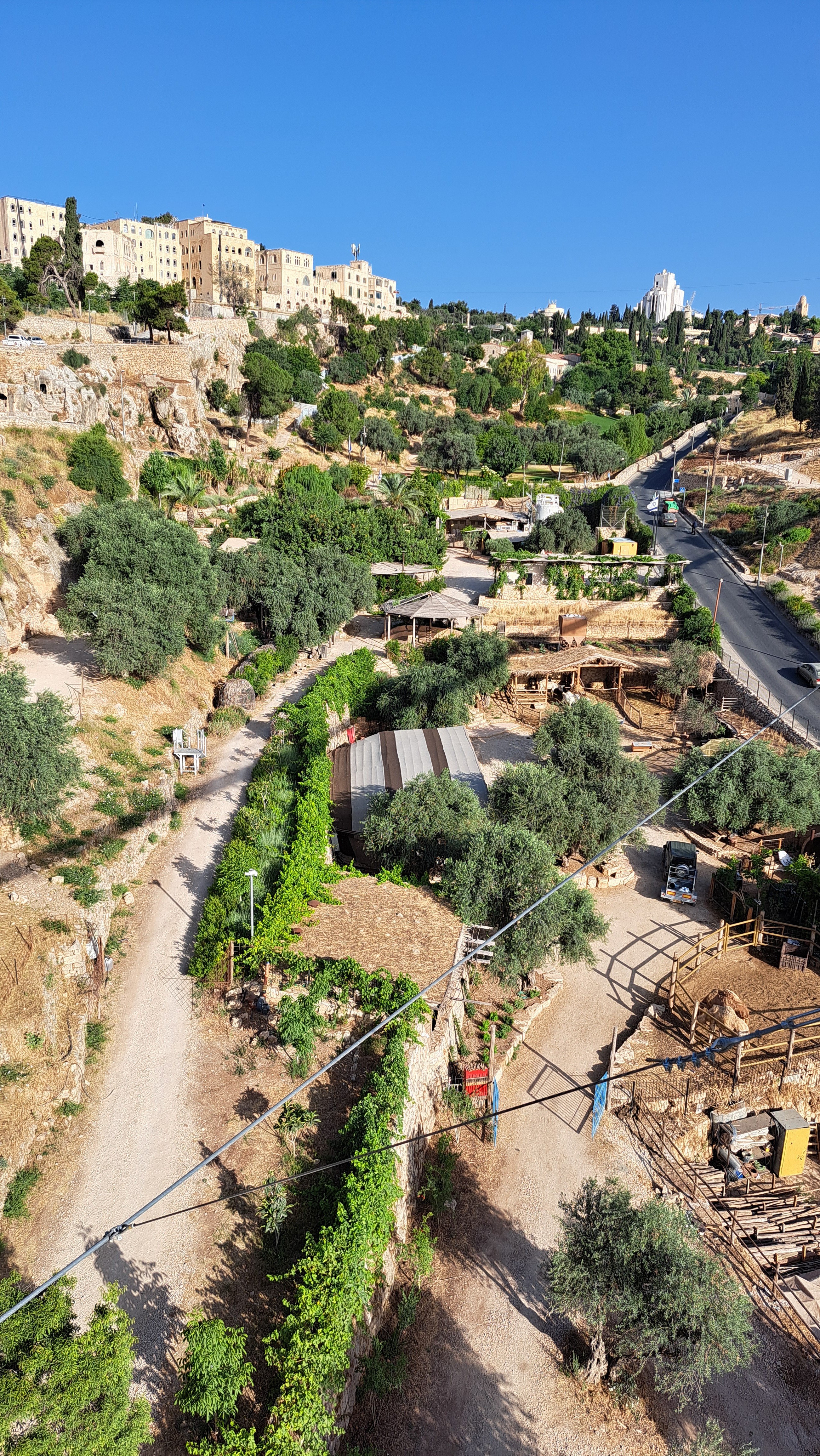



#itisaverygoodland
"if my people who are called by my name humble themselves, and pray and seek my face and turn from their wicked ways, then I will hear from heaven and will forgive their sin and heal their land." 2 Chr. 7:14
In Hinnom Valley we have a little foretaste
May this become a reality more and more...
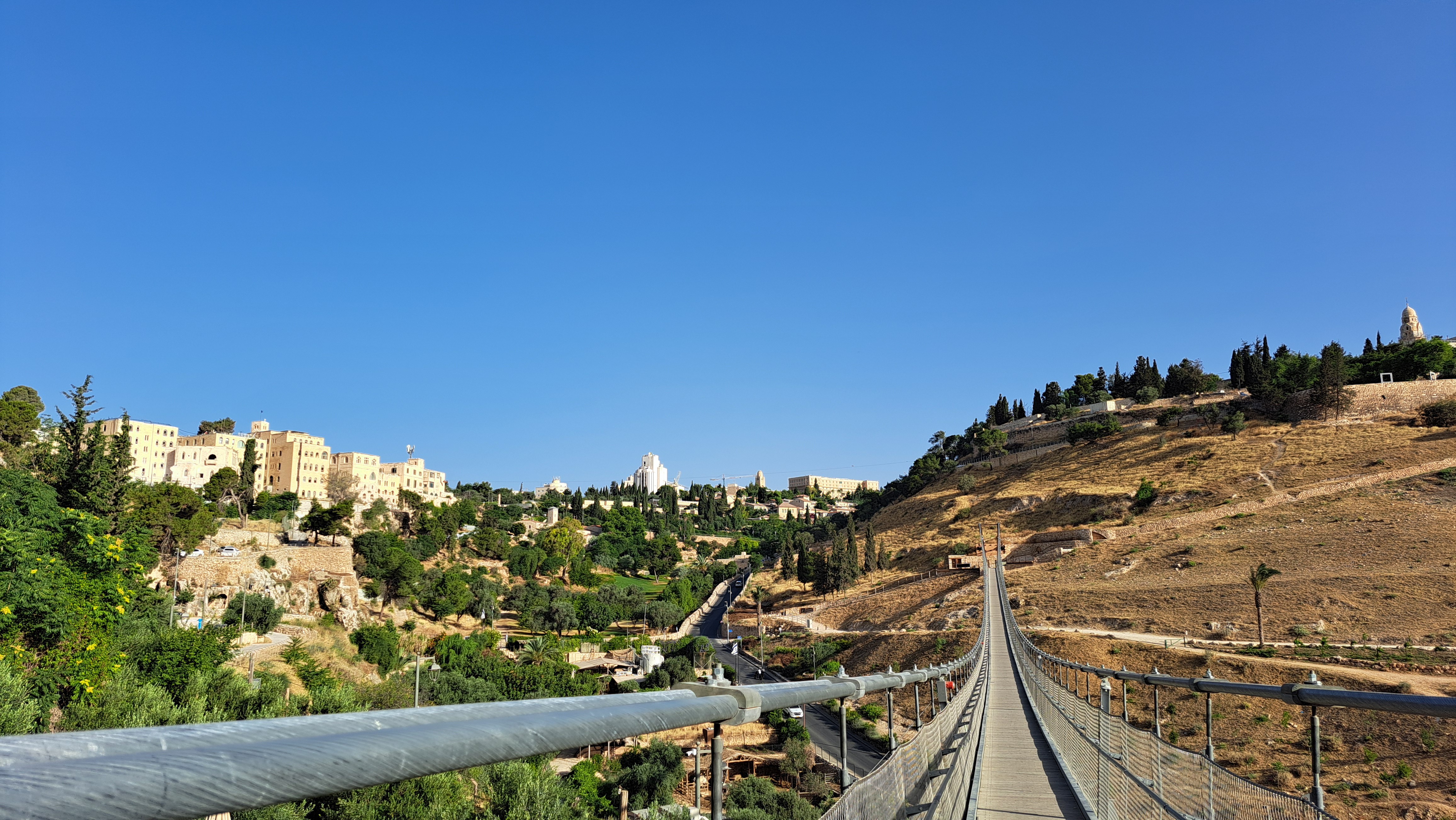



#itisaverygoodland
"if my people who are called by my name humble themselves, and pray and seek my face and turn from their wicked ways, then I will hear from heaven and will forgive their sin and heal their land." 2 Chr. 7:14
In Hinnom Valley we have a little foretaste
May this become a reality more and more...
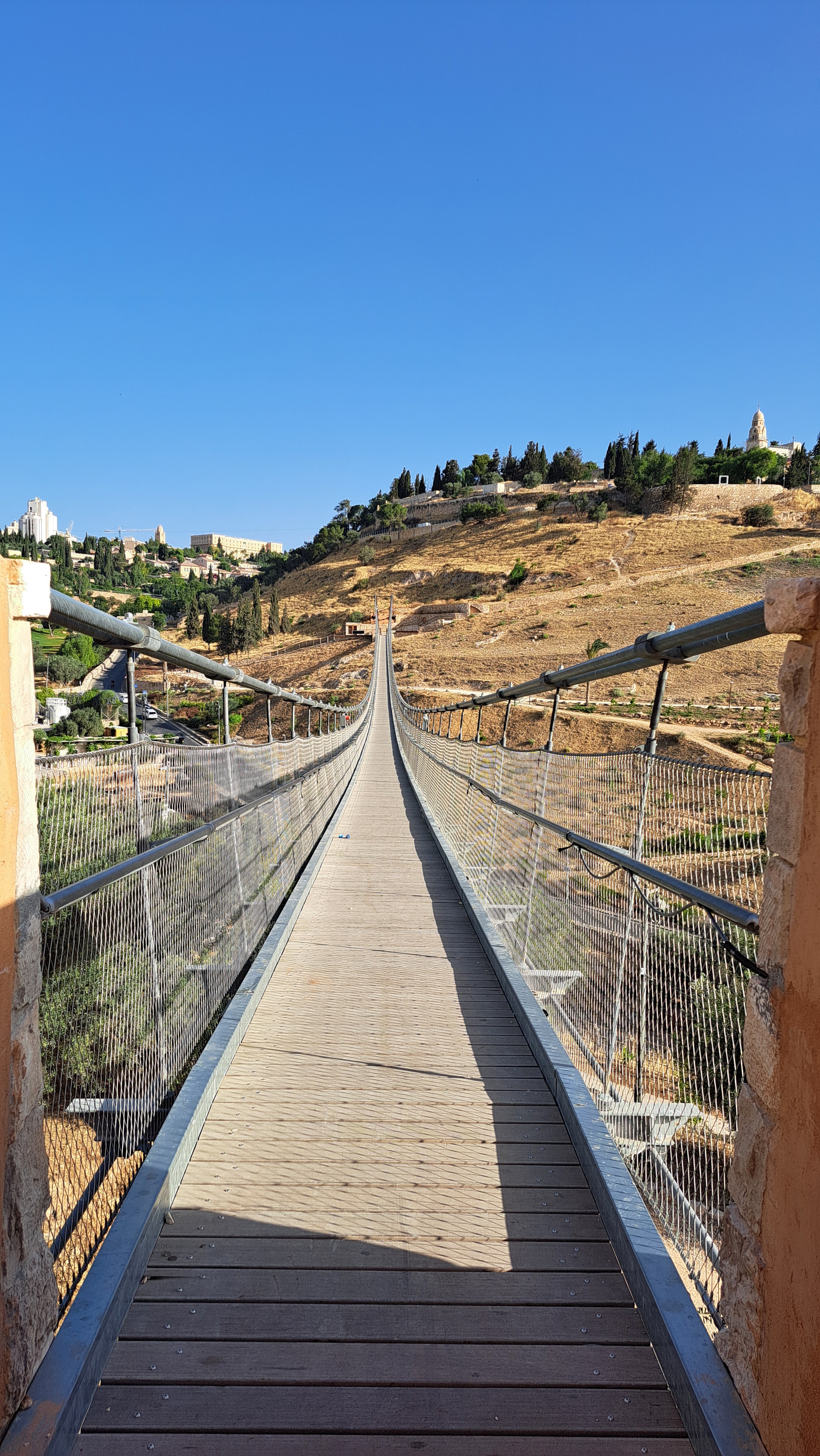



#itisaverygoodland
"if my people who are called by my name humble themselves, and pray and seek my face and turn from their wicked ways, then I will hear from heaven and will forgive their sin and heal their land." 2 Chr. 7:14
In Hinnom Valley we have a little foretaste
May this become a reality more and more...
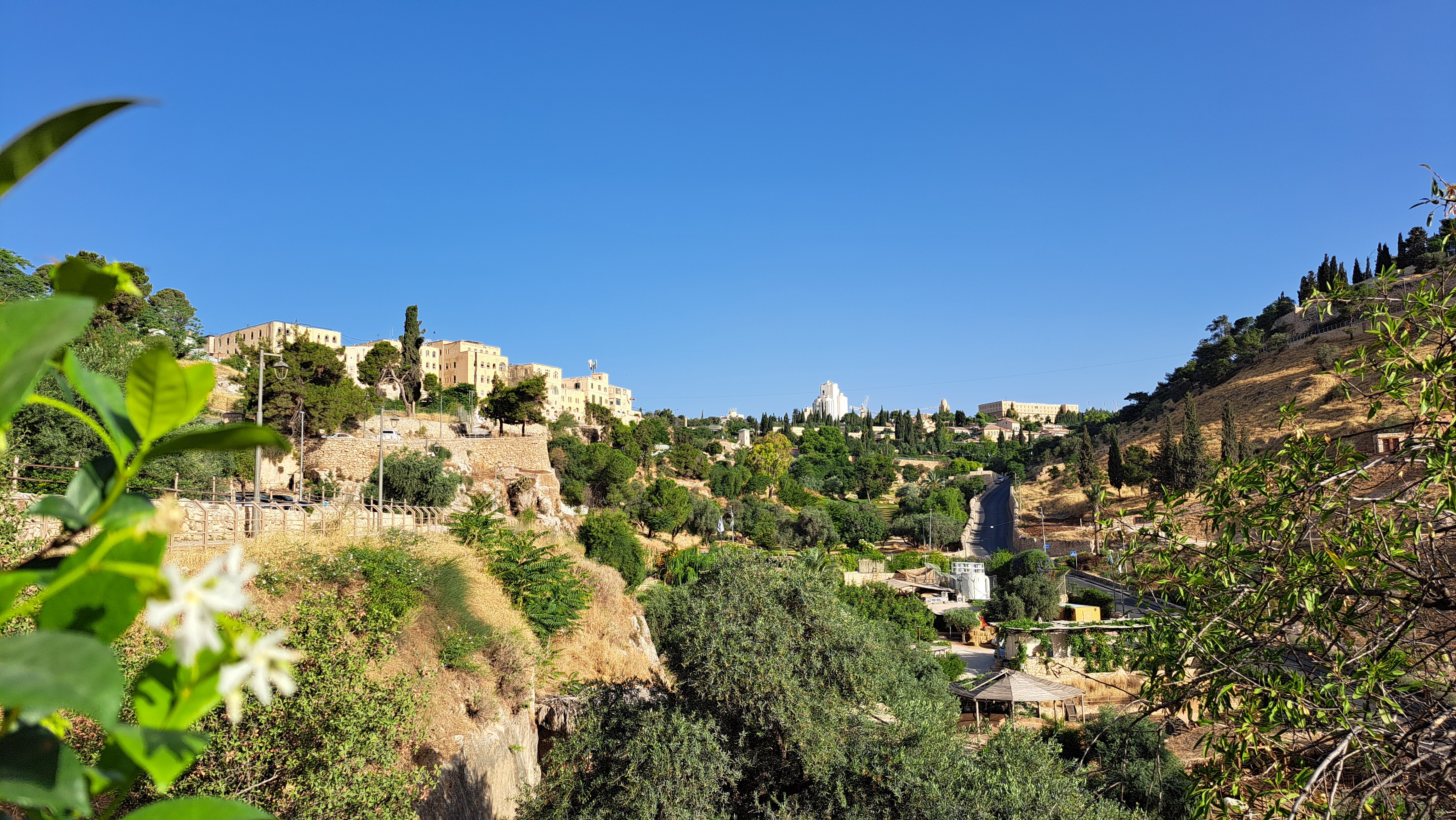



#itisaverygoodland
"if my people who are called by my name humble themselves, and pray and seek my face and turn from their wicked ways, then I will hear from heaven and will forgive their sin and heal their land." 2 Chr. 7:14
In Hinnom Valley we have a little foretaste
May this become a reality more and more...
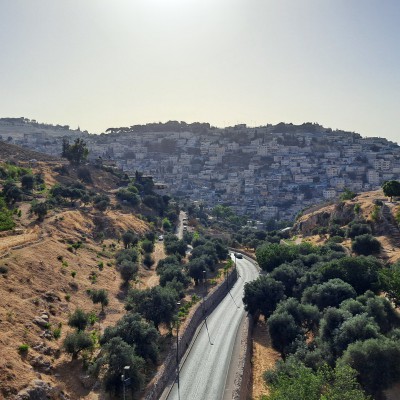
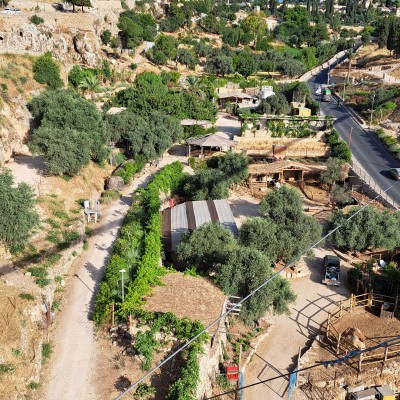
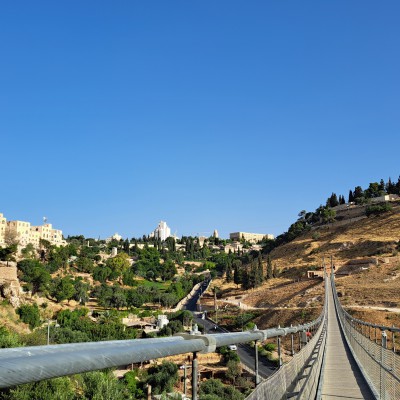
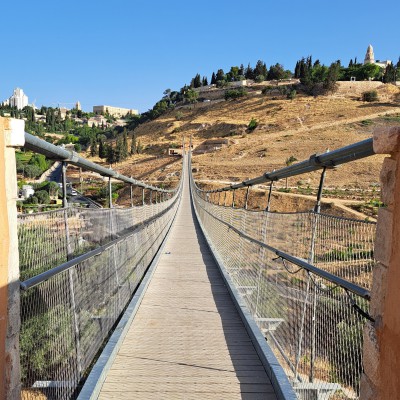
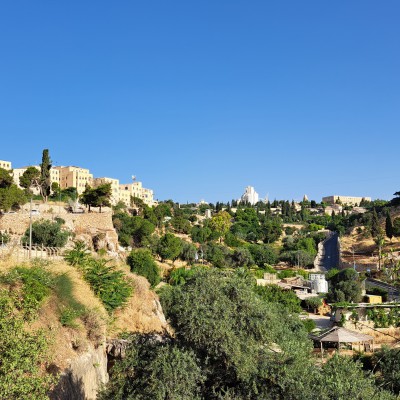



#itisaverygoodland
Column crownings on Temple Mt.
Stone still have remainders of gold coating which Josephus mentions was used in Herod's temple.
